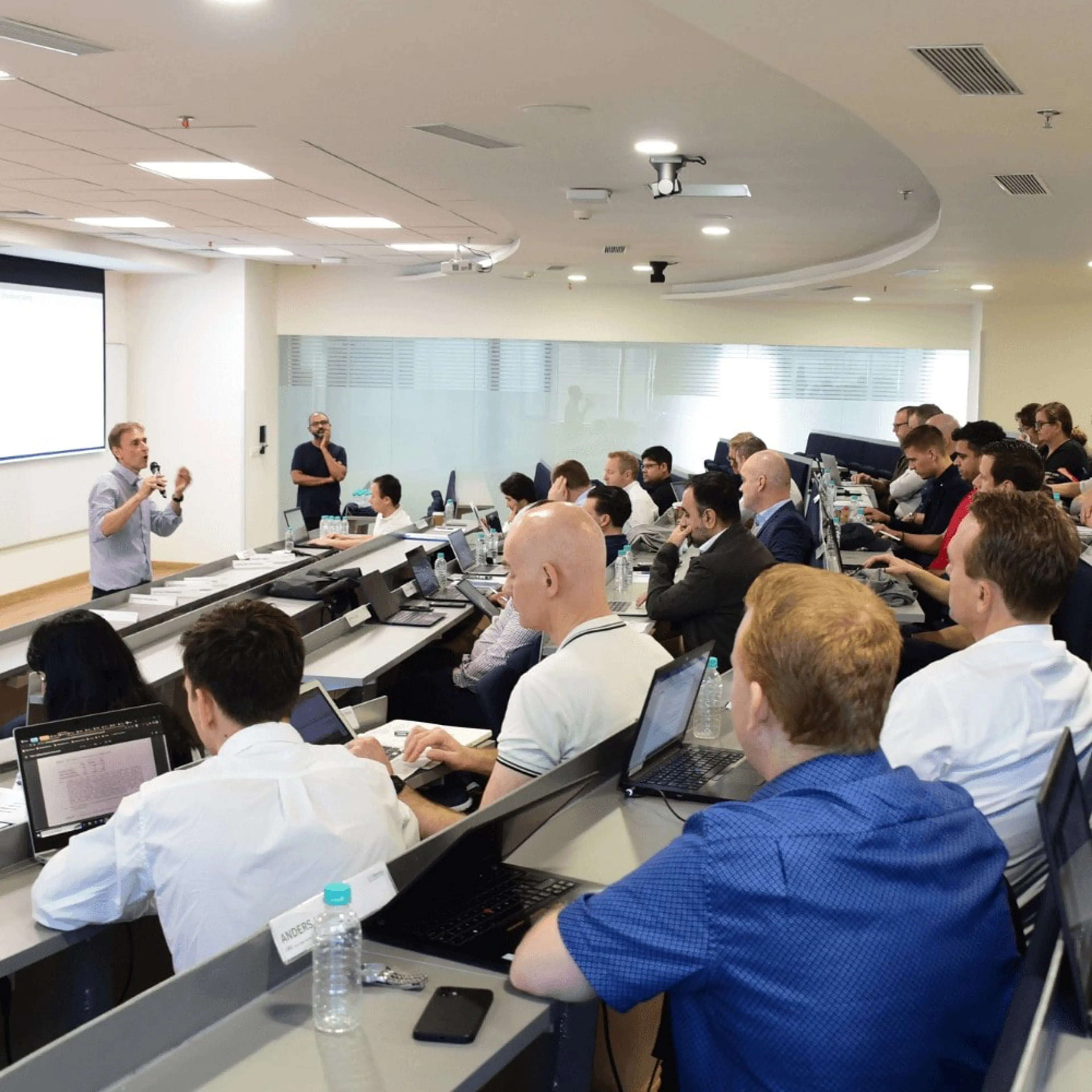What is the ISP?
The Integrated Strategy Project (ISP) takes all of the skills and tools that EMBA participants have gained across the programme and merges them into one, real-world strategy. “It is the crown jewel of the EMBA,” says Mogens Bjerre who teaches the Marketing Course and the Master Thesis (ISP).
Participants identify a strategic problem within their organisation, analyse it and present a solution.
How is it structured?
The ISP takes a five-phase approach: analysis of the participants industry or market; company analysis; identification of issues; and strategy for implementation of the key strategic issue, and finally an executive summary is prepared - “It’s an outside-in perspective,” Professor Bjerre adds.
“The process is a very creative one,” he explains, “But finding the strategic shift that will have the most impact is probably the hardest part. It could be agility, it could be growing the top-line by addressing new markets, it could be issues in resource allocation, it could be failure to attract talent, it can go in many different directions.
“Overall, it functions as a classical funnel approach,” Professor Bjerre says, “We get tighter and tighter as we move along, and the five slots merge into one at the end. And that will be the report, which is then the basis for writing an executive summary.”
Each written assessment enables participants to evidence two different skillsets. “Back when I was the Associate Dean of the EMBA, I insisted that the report should look like a brief to the Board of Directors, but that idea has been undergoing change over the past 10 years.
“Now the participants produce the executive summary and the report. The report is a wider overview of the process and strategy while the executive summary is a short, precise and convincing argument for why the company should implement your strategy,” Professor Bjerre explains.


